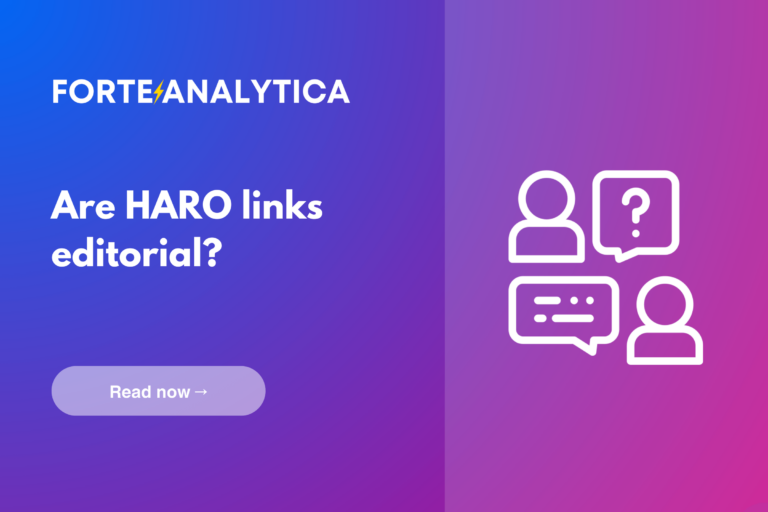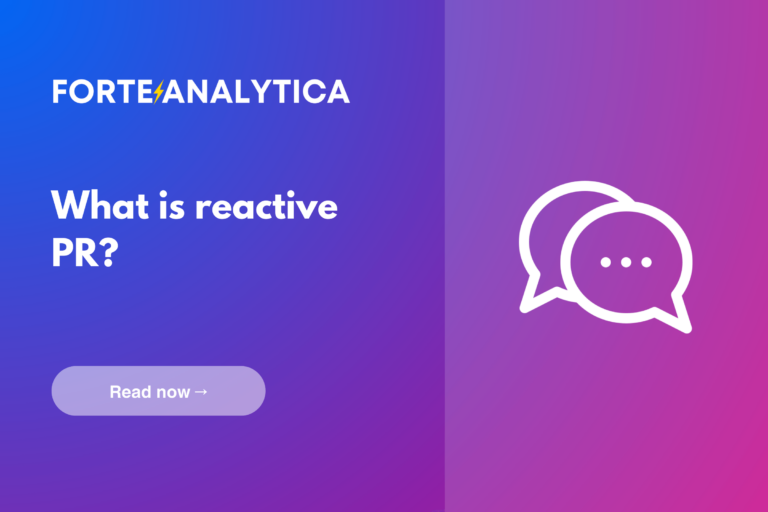Links have been a fundamental ranking signal since Google first launched. Although that remains true to this day, link building itself has changed over time.
HARO and guest posting are two pillars of many link building strategies. Both involve a lot of time and no shortage of effort. So which is the best fit for your business?
HARO
The OG of reactive PR, HARO has been the go-to platform for journalists seeking help with queries for years.
However, its efficaciousness as a way of building high-quality links has diminished as its popularity has grown among marketing circles.
If you don’t know what you’re doing, HARO responses will eat up hours that could be spent on a different link building strategy.
Benefits of using HARO
While you can’t expect every link to come from a top-tier publication, HARO has its fair share of golden link opportunities.
- Easy to use: Signing up for HARO is free, and it’s easy to submit your responses to journalist queries.
- Daily journalist queries: HARO brings hundreds of media opportunities directly to your inbox, Monday to Friday.
- Exposure: If a journalist chooses your response, not only does your website get a link, but you now have an additional media mention for social proof.
- Ongoing relationships. If you are a good source, there’s a chance the journalist may come to you first instead of creating a new HARO query for upcoming articles they are working on.
Drawbacks of using HARO
If you’ve tried HARO before, you know it’s anything but plain sailing.
- Time-consuming: Responding to HARO queries is a notoriously hard slog and time finding your “winning” pitch template.
- Low success rate: Journalists can receive hundreds of responses to a query. Your response may get lost in the mix, and there’s no guarantee that you’ll be chosen as a source, regardless of your qualifying credentials, how long you spent, or how good it was. There’s also no guarantee you’ll get a linked mention, or that it isn’t nofollow.
- Non-exclusive content: Since several sources can respond to a query, there’s no guarantee that the journalist will only use your content. It’s quite likely you’ll be one of several linked sources, which is not necessarily a bad thing if the journalist and the publication’s editors are scrupulous.
Guest posting
Years have passed since Matt Cutts put a fork in it and the Penguin algorithm pulled the floor from under those of us who were aggressively guest posting, but it is still an effective — if somewhat controversial — way to build links back to your own website.
Is it beneficial? If you do it right, it can be one of the core planks in a holistic SEO strategy. Do it wrong and you could waste a lot of time and money.
Benefits of guest posting
Contrary to what you might read in prominent search marketing publications, guest posting is not dead and there are good reasons why you should be doing it.
- Control over content: When you write a guest post, you have control over the content, which allows you to ensure that it aligns with your brand messaging.
- Backlink control: You have control over the anchor text and where the link is placed, allowing you to optimize it for your target keywords (within reason).
- Relationship-building: Guest posting creates an opportunity to develop relationships with other websites and — perhaps more importantly — their audiences.
- Entity-building: Since Google is clearly moving from an index of strings to things, guest posting on authoritative sites can help build your entity.
Drawbacks of guest posting
Yep. There are some.
- Outreach takes time and resources: You’ll need to identify websites that accept guest posts and reach out to them with your pitch. If you’ve ever tried it, you’ll know it takes a lot of work.
- You need to write a guest post: After you work out a deal with a publication, your work isn’t done. Crafting a quality guest post can take time, and it requires a bit of finesse to create content that is both engaging for the audience and relevant to the website hosting it.
- It doesn’t scale easily. You can send out a lot of HARO responses in the time it takes to get a single guest post over the line.
Which strategy is best?
While both HARO and guest posting can be effective strategies for link building, the best option for your business will depend on your specific needs.
If you have the resources and/or operate in a competitive niche, you may need to do both.
Consider HARO if:
- You are looking for a relatively efficient way to gain media exposure.
- You have the bona fides as an expert and a website that clearly portrays your authority.
- You have time to write responses and the desire to stay motivated.
Consider guest posting if:
- You are looking to gain backlinks that you have full control over.
- You want to create brand awareness and expand your reach to a new audience.
- You have the time to invest in building publisher relations and developing quality content for someone else’s website.
Both HARO and guest posting can be effective strategies for link building – the best fit for your business will depend on your specific needs, goals, and resources.


